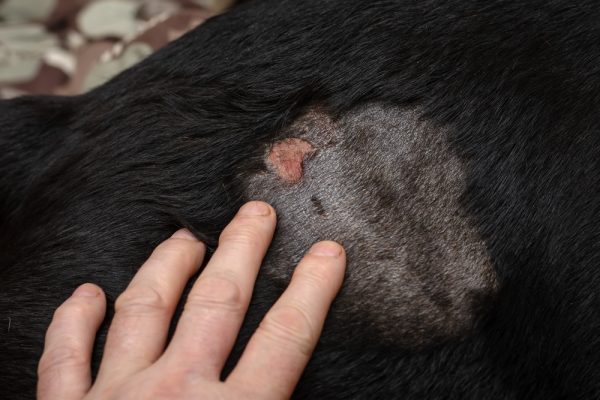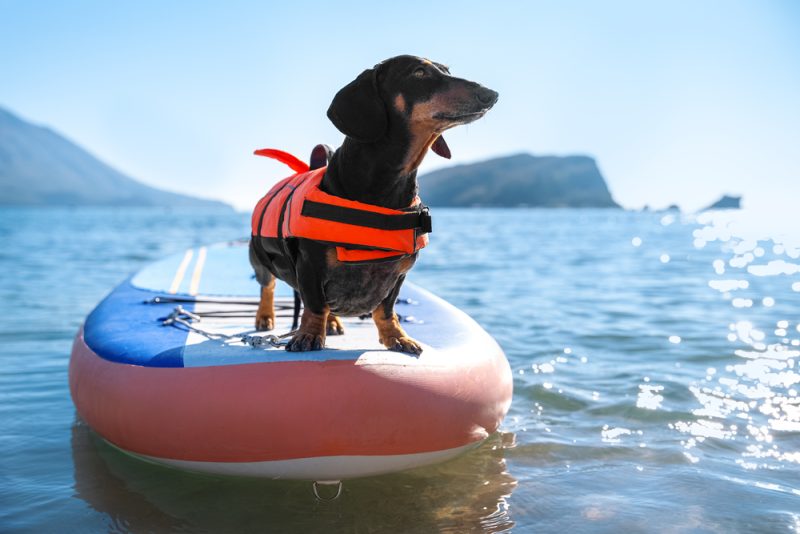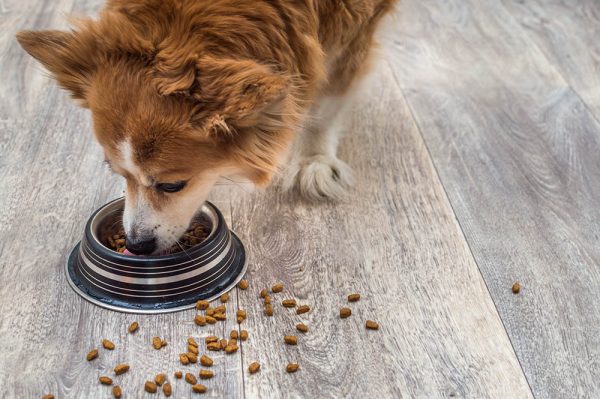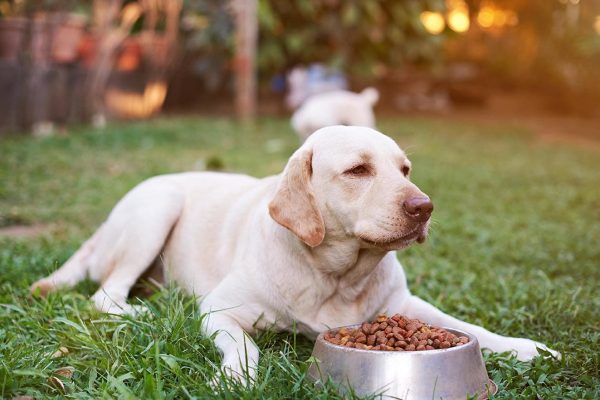Coming into a new home and meeting new people is an extremely stressful situation for puppies, and every dog will react differently. But if your pup simply isn’t adjusting or if you’re finding that they’re scared of everything, there are a few things you can do to help.

The 6 Things to Do to Help a Scared Puppy
If you notice your puppy is scared all the time or of a specific thing, there are a few things you can do to try to get them a bit more comfortable. Not every option we highlighted here is appropriate for every dog, but we’re sure there’s something here that will help with your situation! Of course, before trying any of these tips, we always recommend speaking to your vet or a dog behaviorist to ensure it’s the right course of action for your pet as an individual.
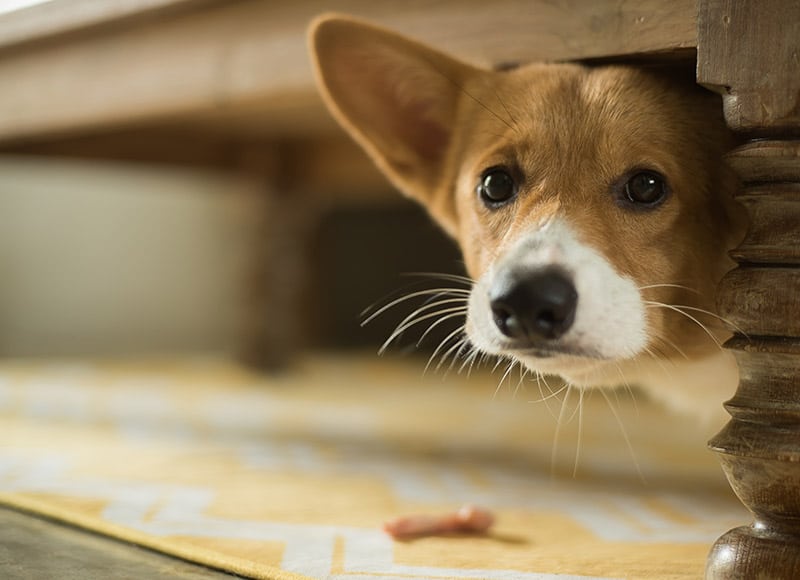
1. Identifying Fear in Dogs
While you might think you have a good understanding of how a dog shows fear, the truth is that they show it in multiple ways, and you may or may not easily recognize it.
For example, you might have seen a scared puppy that is constantly whining, but you might not realize that yawning could also be an indicator of a scared or anxious pup. Some dogs also get so scared that they lose control of their bowels, which some owners react negatively to and then make the situation even worse. In reality, they should ignore the behavior and use pet-safe wipes to clean them up.
With these things in mind, you’ll want to familiarize yourself with some of the most common signs of a scared or anxious dog.
- Avoidance
- Tailed tucked between hind legs
- Averting eye contact
- Dilated pupils
- Trembling
- Panting or pacing
- Slow movement or “freezing”
- Not accepting food or treats
- Licking lips
- Leaning away from the thing they’re nervous of
- Raising a paw to show they are apprehensive
- Hiding
- Flattened ears
- Yawning
- Barking, whining, or growling
- Submissive urination
- Clinginess to owner
- Drooling
- Loss of control over bowels
If you can notice the first signs of stress and distract or remove your dog from the situation, you will be stopping them from ramping their emotions up past the point of no return.
2. Find The Trigger
If you notice that your puppy is acting scared, the first thing you need to do is determine what exactly is scaring them. Some dogs fear lightning or thunder, while others don’t like the noise the air conditioner or dryer makes.
Identifying what is scaring your puppy can help you determine the next steps you need to take and whether it’s possible to simply remove the triggers instead of trying to deal with the underlying fear.
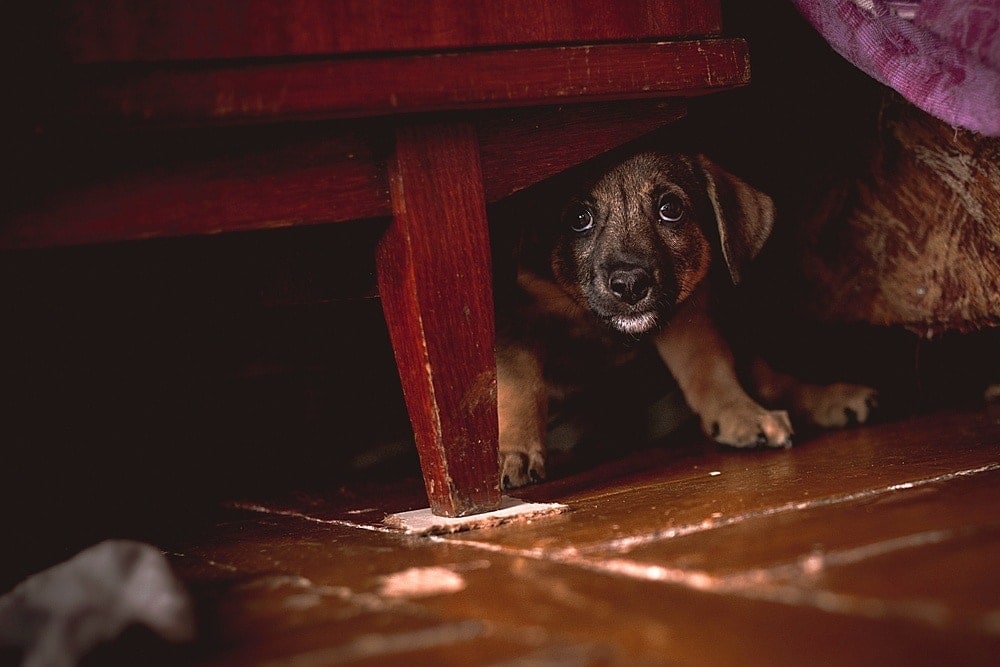
3. Comfort Them
When your dog is scared, you should try comforting them. Try to get them calmed down as much as possible, and hopefully, they’ll begin to see that they don’t need to worry about the thing they’re scared of. Simply petting your dog and talking to them can make a huge difference, and eventually, they might feel comfortable and safe enough to handle whatever is scaring them.
If possible, it’s best to remove them from the current situation and work on their reaction over the next few months through slow and steady desensitization. Always remain as calm as possible because they’ll pick up on how you’re feeling and hopefully learn to follow your lead.
4. Gradually Expose Them to New Things
The more you can expose your puppy to in the first 15 weeks of their life, the better. Exposing them to things early on allows them to accept new things as nothing to worry about, which can help them deal with unfamiliar things or situations in the future.
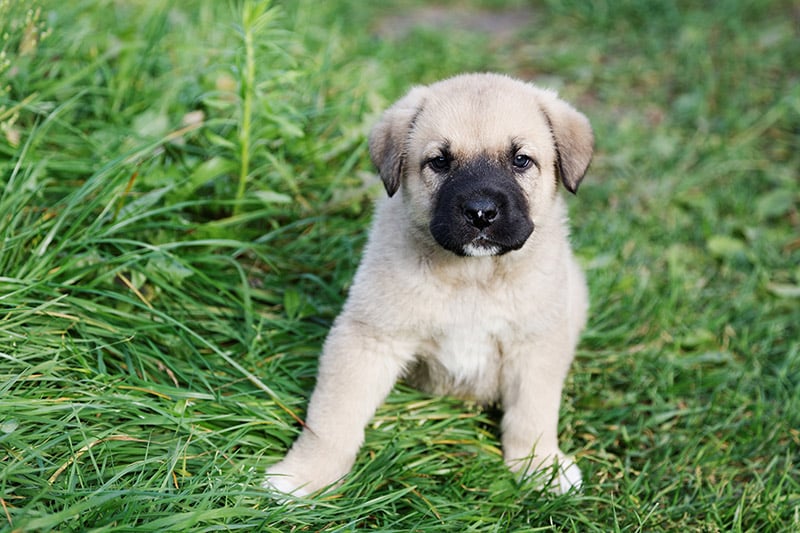
5. Try Desensitizing Them
This isn’t always the best or most appropriate choice depending on the individual, but sometimes, desensitization and counterconditioning can be extremely effective. For instance, if your dog doesn’t like a specific sound, you can try slowly exposing them to the noise at lower levels before slowly increasing the volume. Over time, your pet might learn to ignore the noise completely! However, this takes a lot of time and patience, so you’ll have to move at a pace that they’re comfortable with.
6. Talk to a Vet or Animal Behaviorist
You don’t always need to take your pup to a vet just because they’re scared of something, but if their fear is having a negative impact on their life and nothing you’re doing is working, it is certainly worth it. The vet or a dog behaviorist can give you some additional recommendations to help calm them down, and often, working with a behavioral specialist can give you the confidence to remain consistent in your training approach, which will benefit both you and your pup in the long run.
If you need to speak with a vet but can't get to one, head over to PangoVet. It's our online service where you can talk to a vet online and get the advice you need for your pet — all at an affordable price!


Final Thoughts
Helping your puppy adjust to their new home and surroundings isn’t always the easiest thing to do, but when you do it right, you get a much happier and well-adjusted pup.
If you suspect your dog isn’t adjusting the way they should, we highly recommend reaching out to their vet to see if there’s anything else you should do or if there’s an underlying medical problem they can help you address. Once you get the all-clear on any medical conditions, you can work with a behaviorist to help correct the anxiety and give your pup a happier, more confident life.
Featured Image Credit: Annette Shaff, Shutterstock



